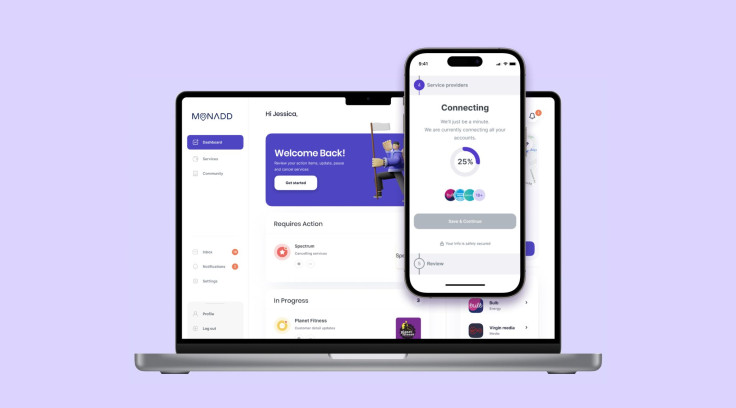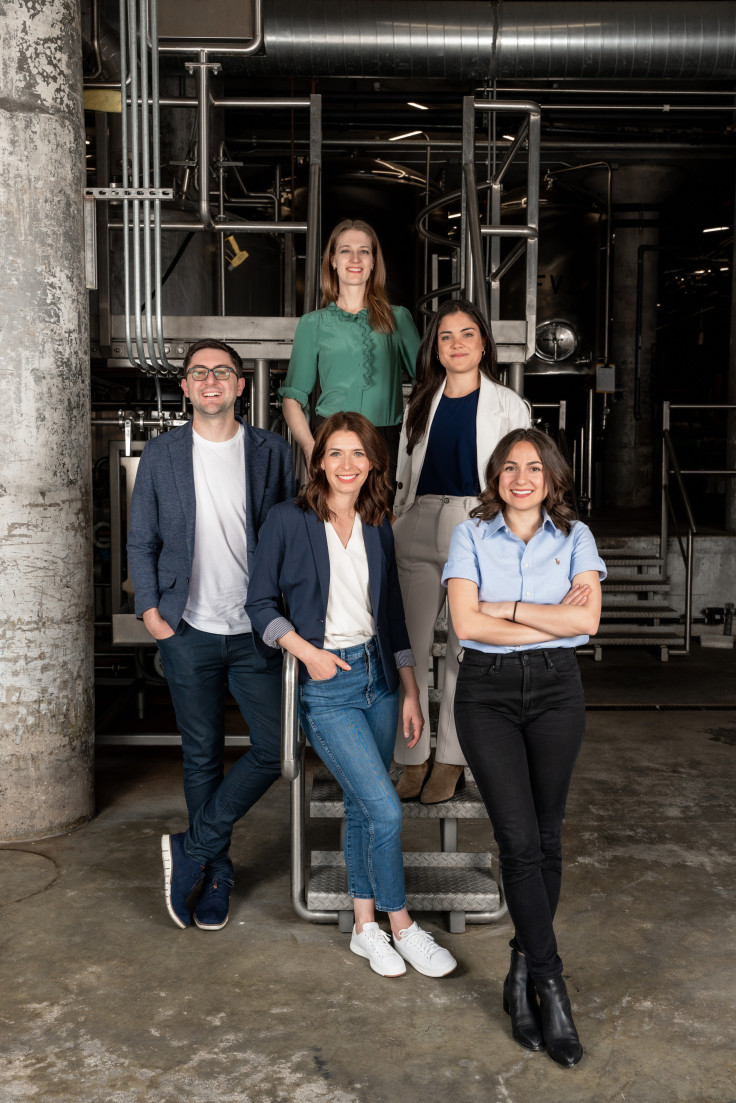
Tech hasn't historically been an area with a heavy Latino presence, but that has started to change in recent years. In this context, with more companies and more funding -which, however, oscillates along with the state of the global economy- different Latino founders have stood out for their innovative projects. Some are specifically oriented to this demographic, while others seek to address needs of industries or sectors of society at a more general level.
The Latin Times talked to several of them throughout the year. Here are some highlights.
José Arturo Villanueva - Alza
After witnessing firsthand some of the predatory financial services that impact Latinos in the country, Villanueva launched Alza, a new banking platform tailored for Latinos living in the U.S.
"I grew up in South Texas and I remember seeing the predatory practices there anywhere you went," Villanueva told the Latin Times. "Alza was created with the idea that banking should be an enabler of growth."
Alza is a digital banking platform that offers an FDIC-insured checking account, debit card, peer-to-peer payments and cross-border remittances to over 20 Latin American countries.
Jessica Mendoza - Monadd
Monadd is an AI company that helps people keep track of their bills and home services. The Miami-based startup was recently selected as one of the startups to participate in the AWS Impact Accelerator program, and now seeks to increase its visibility as it continues to grow, said its founder, Jessica Mendoza, to the Latin Times.
The platform uses limited consumer information and requires users to input their residence. From there, Monadd's AI will search for bills and services attached to the residence and monitor them. According to Mendoza, the platform can be extremely beneficial for people who are in the moving process, as Monadd can help to update addresses or even cancel services.
"I am Venezuelan, but I've lived in so many different places because as a migrant you have to adapt and relocate to wherever is fit," Mendoza told the Latin Times. According to Mendoza, Monadd has also recently started working with property management companies in order to provide its platform for tenants.
"They're offering our platform to their renters because they don't want to be a middleman or liability for things that belong to the tenant," said Mendoza.

Michelle Ruiz - Hyfé
Originally, their new company used discarded sugar water from drink and food manufacturing and used it in a fermentation process to create mycelium flour. According to Ruiz, the mycelium flour would then be turned into nutrient-rich versions of flour-based foods.
"One particular category that meant a lot to me is flour and flour products because I am Hispanic and the most challenging foods to stop eating are the ones that have the refined carbs," said Ruiz about Hyfé's pervious focus.
Mycelium is a fungi root found in nature. By using sugar water during the fermentation process, Hyfé was able to create a flour that was low in refined carbs and high in fiber and protein.
The company has since pivoted from its original and is now focused on advancing biomanufacturing processes to help decarbonize the food sector and selling alternative sugar feedstocks to food manufacturers.
With Hyfé's bioprocess, the company is able to take the water that is discarded by drink and food manufacturing and extract the sugars in order to use it as feed. This, according to Ruiz, can help food producers lower their costs and be competitive with the non-niche products they are competing with.

Jennifferre Mancillas - Adni
Mancillas has founded Adni, an AI-powered platform that helps healthcare organizations recruit workers and improve retention rates by rewarding them with items from their marketplace.
The platform helps alleviate some of the expenses nurses often absorb in their profession. Nurses can be expected to buy their scrubs, shoes, stethoscopes and compression socks, according to Mancillas. With Adni, healthcare workers can offset those expenses by earning points and discounts as rewards from employers.
"Out of our lived experiences working as nurses, especially during COVID, we realized that our profession was very siloed and disjointed," said Mancillas.
By using Adni's rewards and recruiting capabilities, Mancillas hopes that employers can recruit more Latino nurses, as only 5.4 percent of all registered nurses identify as Latino.
© 2025 Latin Times. All rights reserved. Do not reproduce without permission.







